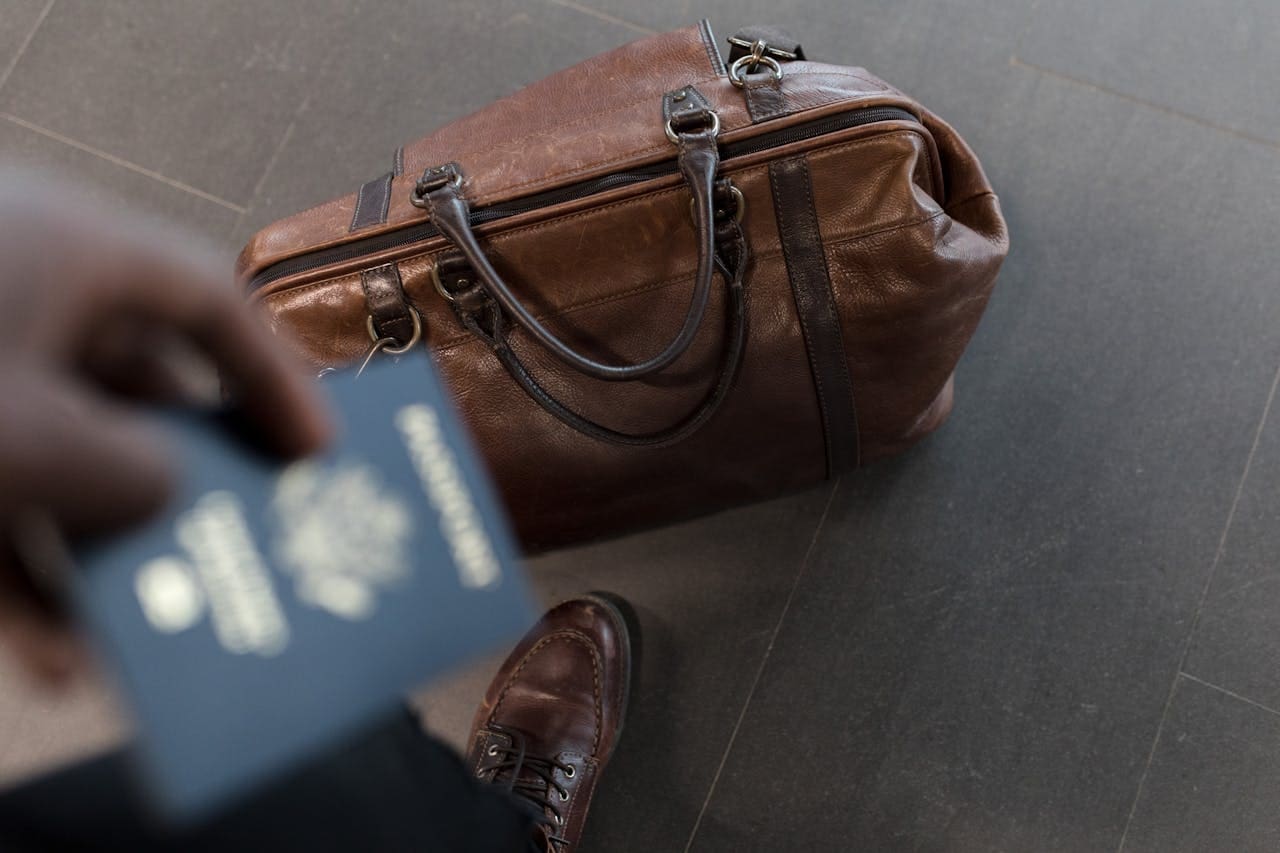Travelling the world is a dream for many, but the high costs associated with international trips often deter potential adventurers. However, budget travel is not only possible but can be just as enriching and enjoyable as more luxurious alternatives. With careful planning, resourcefulness, and a willingness to embrace new experiences, you can explore the world without breaking the bank. This article will provide comprehensive strategies to help you travel on a budget, covering transportation, accommodation, food, activities, and more.
Planning Your Trip
Research and Flexibility
The first step to budget travel is thorough research and flexibility. Start by identifying destinations that are known for being budget-friendly. Southeast Asia, Eastern Europe, and parts of South America are popular among budget travellers due to their affordable cost of living. Use travel blogs, forums, and websites like Lonely Planet and TripAdvisor to gather information on inexpensive destinations and travel tips.
Flexibility with travel dates can also lead to significant savings. Travelling during the off-season can lower the cost of flights, accommodations, and activities. For example, Europe can be more affordable in late autumn or early spring when tourist numbers are lower.
Budget Planning
Create a detailed budget before you start your journey. Outline your expected expenses, including transportation, accommodation, food, activities, and miscellaneous costs. Use budgeting tools and apps to track your spending while on the road. This will help you stay within your financial limits and avoid unexpected expenses.
Transportation
Flights
Finding cheap flights is a cornerstone of budget travel. Use flight comparison websites like Skyscanner, Kayak, and Google Flights to compare prices and find the best deals. Set up fare alerts to get notified of price drops.
Consider alternative airports and be open to layovers. Flying into smaller, nearby airports can sometimes be cheaper than major hubs. Additionally, flights with layovers can significantly reduce your airfare compared to direct flights.
Alternative Transportation
Once you’re at your destination, look for cost-effective transportation options. Trains, buses, and rideshares are often more affordable than domestic flights. In Europe, for instance, companies like FlixBus and Eurail offer economical ways to travel between cities and countries.
For shorter distances within cities, consider walking, cycling, or using public transportation. Many cities have bike-sharing programs and efficient public transit systems that are much cheaper than taxis or rental cars.
Accommodation
Budget-Friendly Lodging
Accommodation is one of the biggest expenses when travelling, but there are many ways to save. Hostels, guesthouses, and budget hotels offer affordable lodging options. Websites like Hostelworld and Booking.com can help you find budget accommodations worldwide.
Using cozycozy, the comprehensive accommodation search engine, is a great way to find budget accommodation because you can compare all available accommodations from more than 100 booking sites.
Consider alternative lodging options such as Airbnb or Couchsurfing. Airbnb can be cheaper than hotels, especially if you book a room in someone’s home rather than an entire apartment. Couchsurfing allows you to stay with locals for free, providing a unique cultural experience and the opportunity to make new friends.
Long-Term Stays
For extended trips, consider options like house-sitting or work exchanges. Websites like TrustedHousesitters connect travellers with homeowners who need someone to look after their property and pets while they’re away. Work exchanges, such as those found on Workaway or WWOOF, offer free accommodation and meals in exchange for a few hours of work each day.
Food and Dining
Eating Like a Local
Dining out can quickly deplete your budget, but there are ways to eat well without spending a fortune. Avoid touristy restaurants and seek out local eateries where residents dine. Street food is another excellent option for cheap, authentic meals. In countries like Thailand and Mexico, street food is both delicious and affordable.
Self-Catering
Staying in accommodations with kitchen facilities allows you to prepare your own meals. Visit local markets and grocery stores to buy fresh, inexpensive ingredients. Cooking your own meals not only saves money but also gives you the opportunity to explore local food culture in a different way.
Activities and Entertainment
Free and Low-Cost Activities
Many destinations offer a variety of free or low-cost activities. Research free attractions, parks, museums, and cultural sites before you go. Many museums have free admission days or reduced prices at certain times. Outdoor activities like hiking, swimming, and exploring public spaces can provide hours of entertainment without costing anything.
City Passes and Discounts
Look for city passes and discount cards that offer free or reduced entry to multiple attractions and activities. These can often be purchased online or at local tourist offices. For example, the Paris Pass includes entry to many of the city’s top attractions as well as unlimited public transportation for a set period.
Money Management
Currency Exchange
Be smart about currency exchange to avoid losing money on unfavourable rates and fees. Exchange a small amount of cash before you leave for immediate expenses, but rely on ATMs and credit cards for the bulk of your spending. Choose a bank or credit card that offers low or no foreign transaction fees.
Bargaining and Discounts
In many parts of the world, bargaining is a common practice in markets and for services. Don’t be afraid to negotiate prices, especially for souvenirs, taxis, and tours. Always do so respectfully and be aware of local customs around bargaining.
Travel Insurance
While it might seem like an unnecessary expense, travel insurance is essential for budget travellers. It protects you against unexpected costs due to trip cancellations, medical emergencies, and lost luggage.
We love the Safety Wing. SafetyWing provides a unique insurance service tailored for today’s global workforce. Ideal for freelancers, digital nomads, and remote workers, SafetyWing offers travel and health insurance plans that are flexible, affordable, and borderless. Coverage includes essential medical care, hospital stays, and emergencies, allowing you to work or travel abroad with confidence. Unlike conventional insurance plans that are tied to your home country, SafetyWing’s global reach ensures you’re protected no matter where your journey takes you, making it the perfect choice for modern adventurers.
Sustainable Budget Travel
Environmental Considerations
Budget travel and sustainable travel often go hand in hand. Opt for environmentally friendly transportation, such as buses, trains, or bicycles, to reduce your carbon footprint. Support local businesses by staying in family-run guesthouses and eating at locally-owned restaurants. This not only helps the local economy but often provides a more authentic travel experience.
Responsible Tourism
Practice responsible tourism by respecting local cultures and customs, minimizing waste, and being mindful of your environmental impact. Carry a reusable water bottle, use cloth bags instead of plastic, and recycle whenever possible. Engaging in community-based tourism initiatives can also provide enriching experiences while supporting sustainable development.
Practical Tips for Budget Travelers
Packing Smart
Packing smart can save you money and hassle on the road. Bring a versatile wardrobe that can be mixed and matched, and pack lightweight, quick-dry clothing that’s easy to wash and re-wear. Don’t forget essential items like a first-aid kit, travel-sized toiletries, and any necessary medications.
Technology and Apps
Use technology to your advantage. There are numerous apps designed to help budget travellers. Maps.me provides offline maps, which can be invaluable in areas with limited internet access. Google Translate can help you communicate in foreign languages. Apps like Splitwise can assist with managing shared expenses if you’re travelling with others.
Connecting with Other Travelers
Connecting with other travellers can provide opportunities to share costs and experiences. Join travel forums and social media groups to find travel companions, get tips, and share resources. Websites like Meetup.com can help you find local events and activities where you can meet both locals and fellow travellers.
Travelling the world on a budget requires a blend of planning, flexibility, and resourcefulness. By choosing budget-friendly destinations, finding affordable transportation and accommodation, eating like a local, and taking advantage of free and low-cost activities, you can make your travel dreams a reality without breaking the bank. Embrace the adventure and stay open to new experiences, and you’ll find that budget travel can be just as rewarding, if not more so, than more expensive alternatives.
Final Thought: Embracing the Spirit of Adventure
One of the most important aspects of budget travel is maintaining a positive attitude and an adventurous spirit. Travelling on a budget often means stepping out of your comfort zone, whether it’s trying unfamiliar foods, navigating public transportation in a foreign language, or staying in unconventional accommodations. Embrace these experiences as opportunities to learn and grow.
Remember that some of the most memorable travel experiences come from unexpected moments and interactions. Whether it’s a conversation with a local, a beautiful landscape stumbled upon by chance, or a new friendship formed over a shared meal, these moments are the true treasures of travel.
By adopting the mindset of a budget traveller, you’ll not only save money but also gain a deeper, more authentic connection to the places you visit. Happy travels!


